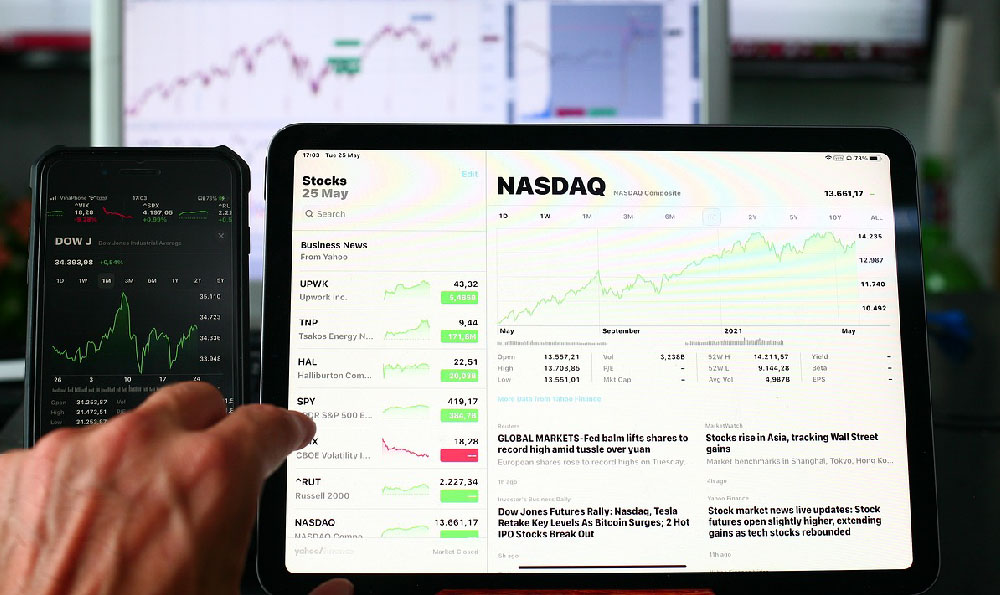Amazon FBA (Fulfillment by Amazon) has become a buzzword in the e-commerce landscape, attracting countless individuals and businesses with the promise of passive income and entrepreneurial freedom. The allure of leveraging Amazon's vast infrastructure and customer base to sell products and generate profits is undeniably strong. However, the question of whether Amazon FBA is truly profitable is not a simple yes or no. It's a multifaceted issue that depends heavily on individual strategies, market dynamics, and a keen understanding of the intricacies involved.
To answer the question directly, yes, Amazon FBA can be profitable. Many sellers have built successful and sustainable businesses using this model. However, profitability is not guaranteed, and it requires a significant amount of research, planning, and execution. The path to financial success through Amazon FBA is paved with potential pitfalls and requires careful navigation.
One of the key factors influencing profitability is the choice of product. Thorough market research is paramount. This involves identifying products with high demand but relatively low competition. Tools like Jungle Scout, Helium 10, and AMZScout can be invaluable in analyzing sales data, keyword trends, and competitor performance. It’s crucial to avoid saturated markets where established players have already cornered a significant share. Niche products, those catering to a specific and underserved audience, often present a more favorable entry point. Consider products that solve a problem, offer unique value, or cater to a passionate hobby. A well-researched product selection significantly increases the chances of success.

Beyond product selection, sourcing plays a critical role. Finding reliable suppliers who can provide high-quality products at competitive prices is essential. This often involves contacting multiple suppliers, requesting samples, and negotiating favorable terms. Consider the sourcing location carefully; while China remains a popular choice due to its low manufacturing costs, factors like shipping times, import duties, and potential quality control issues need to be factored into the equation. Exploring alternative sourcing options, such as domestic manufacturers or suppliers in other countries, can offer advantages in terms of speed, communication, and ethical considerations.
Effective marketing is another cornerstone of profitability. Listing optimization is crucial for attracting potential customers. This involves crafting compelling product titles and descriptions that incorporate relevant keywords. High-quality product images and videos are essential for showcasing the product's features and benefits. Running targeted advertising campaigns through Amazon's PPC (Pay-Per-Click) platform can significantly boost product visibility and drive sales. A well-crafted marketing strategy can differentiate a product from the competition and attract a loyal customer base.
Understanding and managing costs are crucial for maximizing profit margins. Amazon FBA fees, including storage fees, fulfillment fees, and referral fees, can significantly impact profitability. These fees vary depending on the size and weight of the product, as well as the storage period. Accurately calculating these fees and incorporating them into the pricing strategy is essential. Other costs to consider include shipping costs, product sourcing costs, marketing expenses, and any associated business expenses. Careful budgeting and cost control are paramount for maintaining healthy profit margins.
Furthermore, building a strong brand and fostering customer loyalty is vital for long-term success. Providing excellent customer service, promptly addressing customer inquiries, and resolving issues efficiently can cultivate positive reviews and repeat business. Building an email list and engaging with customers through social media can help build brand awareness and foster a sense of community. A strong brand can differentiate a product from the competition and create a loyal customer base.
However, aspiring Amazon FBA sellers must also be aware of the potential pitfalls. Competition is fierce, and the market is constantly evolving. Amazon's policies and algorithms can change, potentially impacting product rankings and sales. Counterfeit products and trademark infringements are also risks that need to be addressed. It is important to stay informed about industry trends, monitor competitor activity, and protect intellectual property rights.
Moreover, managing inventory effectively is crucial for avoiding costly storage fees and stockouts. Accurately forecasting demand, monitoring inventory levels, and replenishing stock in a timely manner are essential for optimizing inventory management. Using inventory management software can help streamline these processes and improve efficiency. Failure to manage inventory effectively can lead to lost sales and increased costs.
Making money with Amazon FBA is a process that involves several key steps. First, identify a profitable product through thorough market research. Second, find a reliable supplier who can provide high-quality products at competitive prices. Third, create a compelling product listing with optimized keywords and high-quality images. Fourth, run targeted advertising campaigns to drive traffic to the product listing. Fifth, provide excellent customer service and build a strong brand. Sixth, manage inventory effectively to avoid stockouts and storage fees.
In conclusion, Amazon FBA can be a profitable venture, but it requires careful planning, diligent execution, and a willingness to adapt to the ever-changing e-commerce landscape. Success hinges on choosing the right product, sourcing it effectively, marketing it strategically, managing costs meticulously, and building a strong brand. By understanding the complexities of the Amazon FBA model and avoiding common pitfalls, aspiring sellers can increase their chances of achieving financial success and building a sustainable online business. While no investment is without risk, a data-driven approach combined with continuous learning and adaptation is key to navigating the challenges and reaping the rewards of Amazon FBA.












